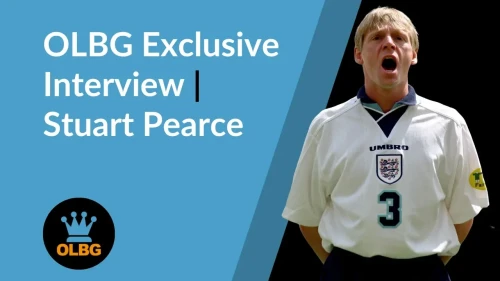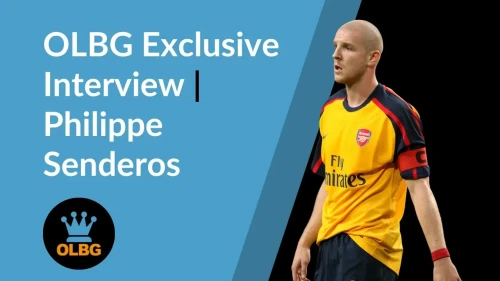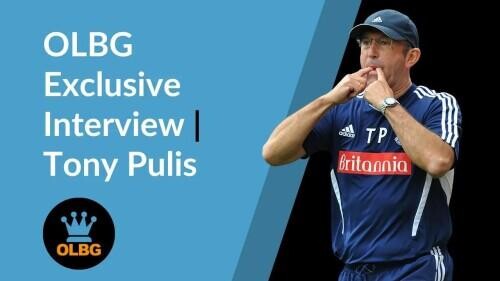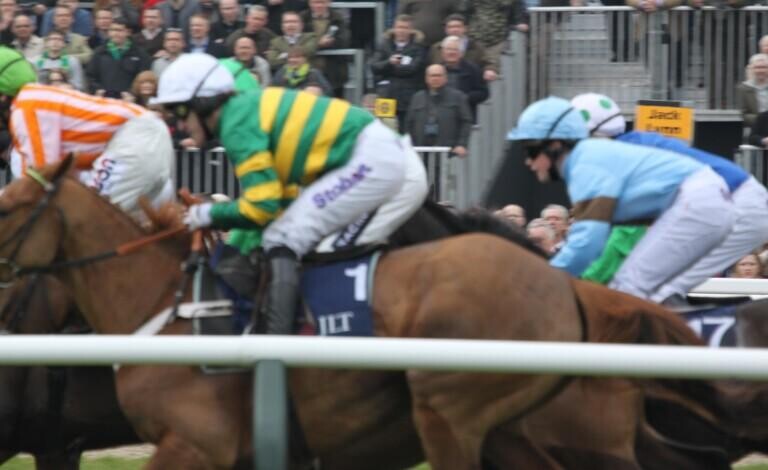Horse Racing, greyhounds and snooker specialist with thirty years experience of writing about sport across multiple platforms. A QPR and Snooker fan
The Executioner has written an excellent blog about how the betting industry has evolved in the 50 years since betting shops were legalised.
Please read his blog first as this is a follow up aimed at explaining what it was like to work in the industry in those early days.
Eventually, this blog outgrew itself so for ease of reading ( it is not in chronological order ) I have decided to split it.
If you get bored there is no compulsion to read part two but I hope that doesn't happen.
There is unlikely to be a huge number of OLBG members who had worked in a bookmakers in the early days of them being legal establishments.
I, therefore, thought I would give an insight into understanding bookmakers from those truly historic times
Hopefully, others will be able to continue the story from when I left the scene in 1972.
A nightmare for the school's careers adviser
In 1964 my careers advisor at school asked me what line of business I wanted to take up when leaving school.
University wasn't an option and I answered " accountancy ".
To elicit further information he asked me what branch of accountancy and pulled a rather peculiar face when I said " TURF ACCOUNTANCY ! " I seem to remember the conversation terminating at about that point.
When I left school in June 1965, as a 16-year old I was too young to work in the betting shop but could legally work in the company's credit office. It was a small office with a peak about 6 members of staff.
There was the luxury of a black and white Rediffusion TV, a rental set that could get about 6 preset channels including radio. This meant we could watch racing and even England winning the World Cup in 1966 whilst working.
There was no such thing as floodlit racing so the night racing scene was a very short season and rarely busy.
The highlight of Friday night was normally watching the Mike Yarwood show.
He was an impersonator who did a good job for the time with the likes of Ted Heath, Harold Wilson, Alf Garnett (!), and others being to the fore.
There were 7 outside telephone lines ( 6 were extensions of the main number and one was a semi-private number for special punters )along with a few direct lines to local bookmakers who then had easy access to hedge ( lay off ) bets.
The main phones had about a 1” slit in the top with a light that would shine in time with the ringing.
A lady from a company called Phonotas would come round once a week to wash, polish, and disinfect all the phones!
I joined in June 1965 starting at " about 10.00 unless there was work to do from the day before ".
Finishing time was as soon after the last race as you could if all bets had been settled or if there was an agreement to leave them till the following day.
When winter came and racing started earlier, the staff didn't.
We did finish earlier of course and on the days where there were only Greyhounds in the afternoon, one of the partners always wanted to stay so everyone let him.
We worked every Saturday unless taking a holiday and even then the boss would see if you could only miss one Saturday. In lieu we had a day off in the week.
The 1967 foot and mouth outbreak was a disaster for racing and all connected with it as racing was completely cancelled for about two months. The announcement came on November 28th and racing didn't restart until the end of January.
Initially, there was the founder of the company ( who made his money knocking on doors selling things ), his son and three partners, one of whom was responsible for the Nottingham branch. Eventually, the founder died as did one of the partners, and when the Nottingham office closed, another partner left.
Eventually with changes of staff David ( the son ) ran the business but on the days he was away I was left in charge, ahead of the remaining partner who was sitting opposite me. He ran the betting shop when I joined and although we did not get on too well from the start, having to play second fiddle to me had never been his life's ambition, and as you can imagine it caused some friction.
His idea of a good bet was a small bet on a short-priced favourite to be placed ( bookies accepted place bets at Tote odds in those days ).
Obviously, the boss wanted the favourite beaten so that was amusing but on a more serious note if he had been left in charge I don't think he would have laid any favourite if it could be avoided.
He was also a chain smoker which upset me as I had breathing problems and had never smoked.
That perhaps didn't improve the relationship a great deal.
As well as the Sporting Life and Sporting Chronicle we used to get the Greyhound Express occasionally.
As the name suggests a daily paper exclusively for dog racing.
The other publication was " the marker ".
This was a sheet of paper, usually larger than the largest desk pad ever seen.
On this were the races and runners for all the day's meetings that could be fitted onto it.
At the time there were overnight declarations so one of the early jobs was to delete all the nonrunners as announced over the blower.
This was then used for recording all results and SP's also given out that way along with commentaries on what races it could and stated the off and results from the other tracks when there was a clash.
Across the card was more prevalent then meaning two or more races at the same time was commonplace with no TV to dictate the running order.
The marker was also the way of checking liabilities. Listening to some bets being taken by others as well as ignoring the smaller ones whilst still answering the phone myself ( if David was there he just did the former ! ) was not an easy art to pick up. It was not too bad if there was only one race as you got to know which race the bets were for, but ongoing liabilities still had to be checked and usually I had to ring up Hills , Chandler, or one of a few others to hedge as necessary.
The following morning all these companies had to be called by phone to agree on a daily balance.
VIP customers could ring up and listen to the race on occasions preferably using the private line.
This entailed resting the phone against the loudspeaker and checking the customer was OK after the race.
Where On Earth Is Bogside?
Due to the difficulty of getting results from some tracks back then, it was often a case of bookies not accepting bets " off the marker ".
This meant it was virtually impossible to get a decent-sized bet on at any track not covered by the marker and blower.
Easter Monday and Whit Monday were ridiculous and I can remember one afternoon when there were 17 meetings in the UK.
Along with the blower we got results and info via a machine called the Telex, run I think by Extel who ran the blower service.
This rattled away in the corner and printed all the results both on and off the marker onto a ribbon-like streamer about ¾” wide.
On a busy day, with nonrunners, results, SP's and Tote dividends it would be hundreds of yards long.
We had two boardmen whose job it was to both listen to the betting shows and in the case of the betting shop, update results on the marker in the shop.
In later years instead of two boardmen , we had one in the office upstairs and a CCTV giving live shows to the shop.
Not being in the shop I've forgotten how they posted the results.
The Punter Friendly Clerk!
Sometimes the punters would ask what I fancied. My instructions were " tell them you fancy whatever we need to lay"
No Comments
There are no comments here. Be the first to comment...
Keep Reading
Stuart Pearce Interview with OLBG

Stuart Pearce exclusive interview: West Ham need to be careful what they wish for in Ruben Amorim talks, Arsenal have big advantage over Manchester City in title-race, Nottingham Forest statement is dangerous
Continue ReadingPhilippe Senderos talks to OLBG ahead of Euro 2024

Philippe Senderos exclusive interview: Arsenal should sign Ollie Watkins in search for 20-goal striker, Rafael Leao needs Premier League switch, scrapping of FA Cup replays is correct call
Continue ReadingTony Pulis Interview with OLBG

Exclusive Interview with Tony Pulis: Leicester City WILL win promotion despite patchy form, expectation on Leeds players might have hampered their performances, ‘The majority of football’ wanted Sunderland to struggle this season
Continue Reading
